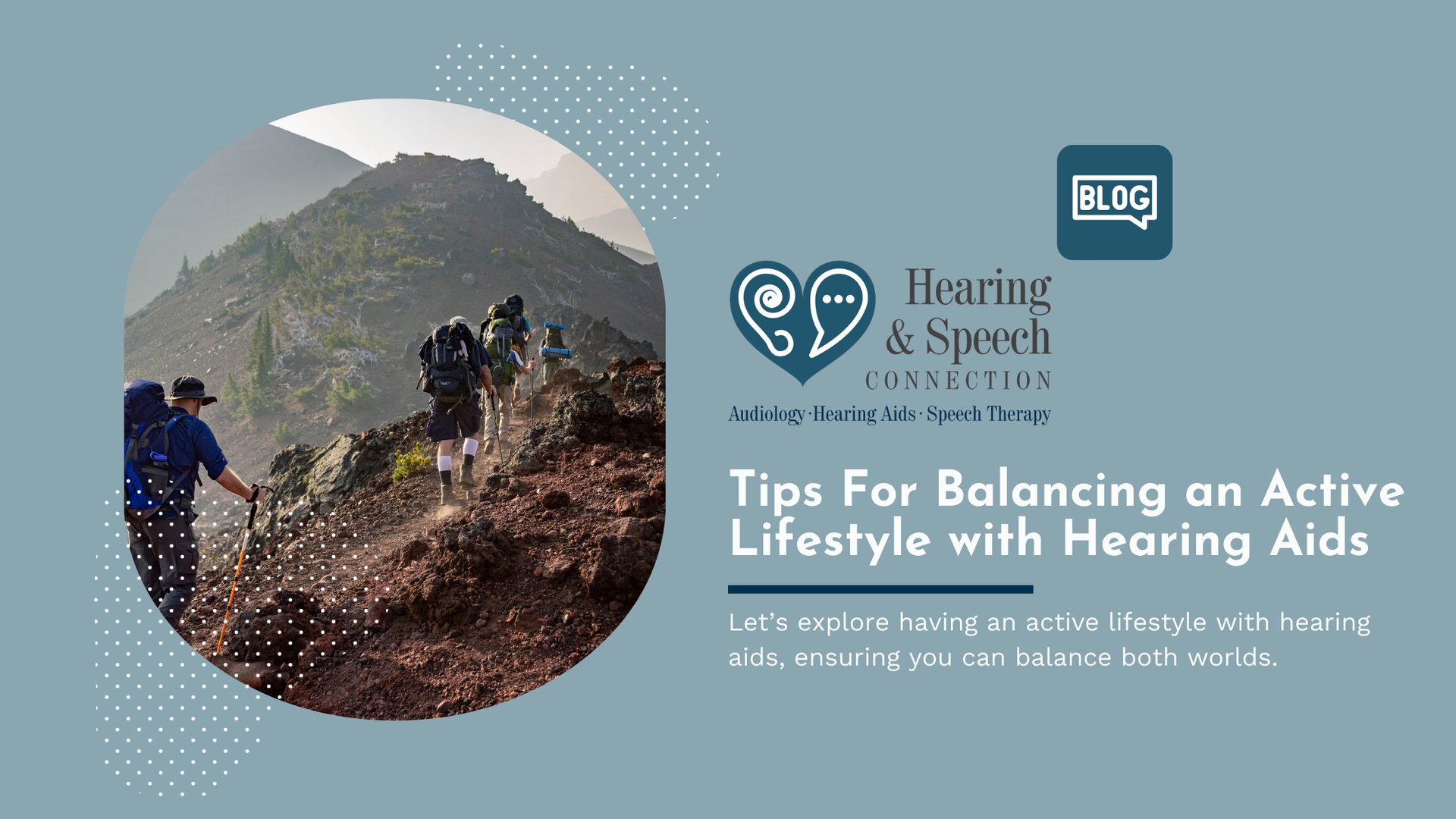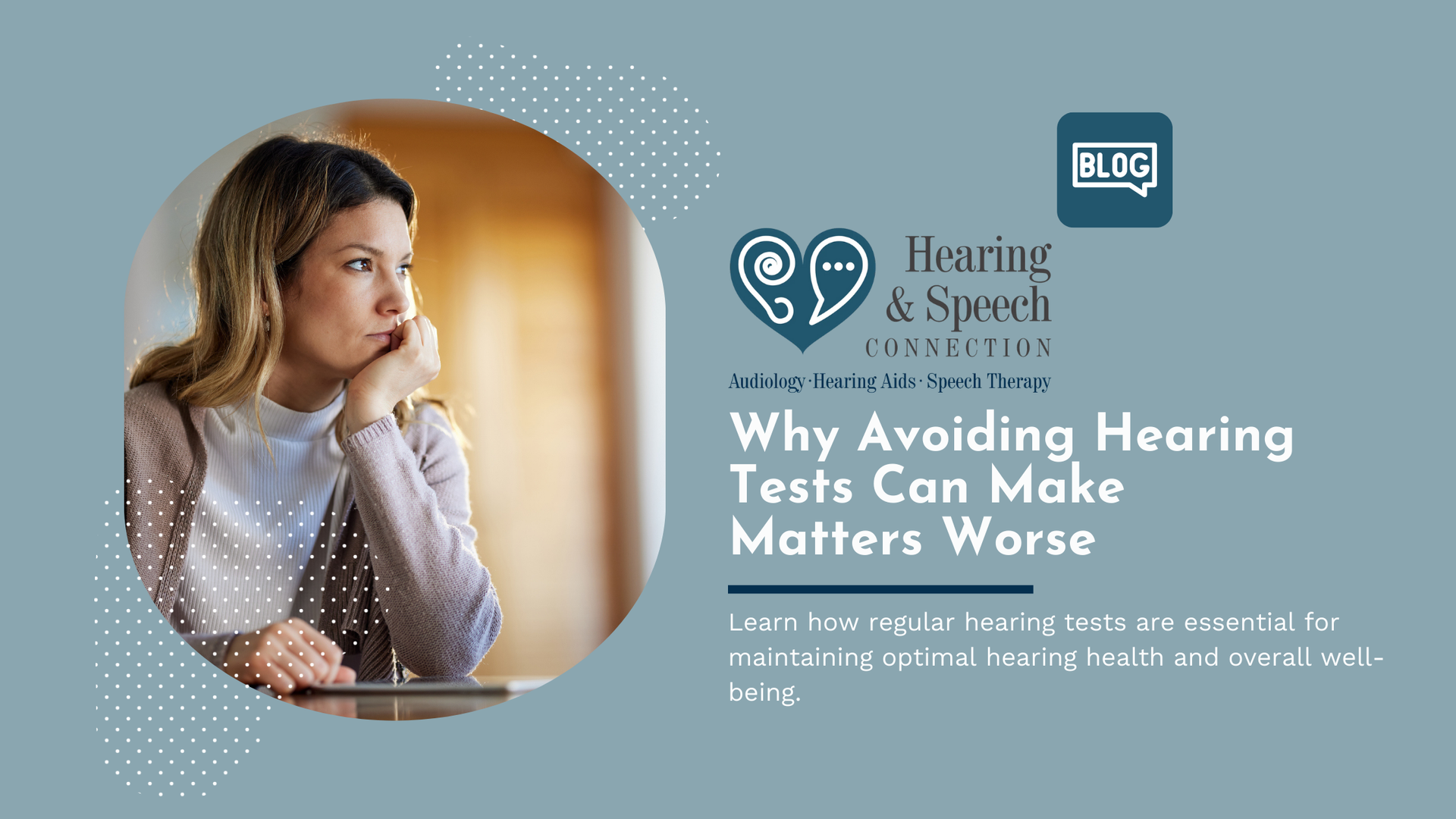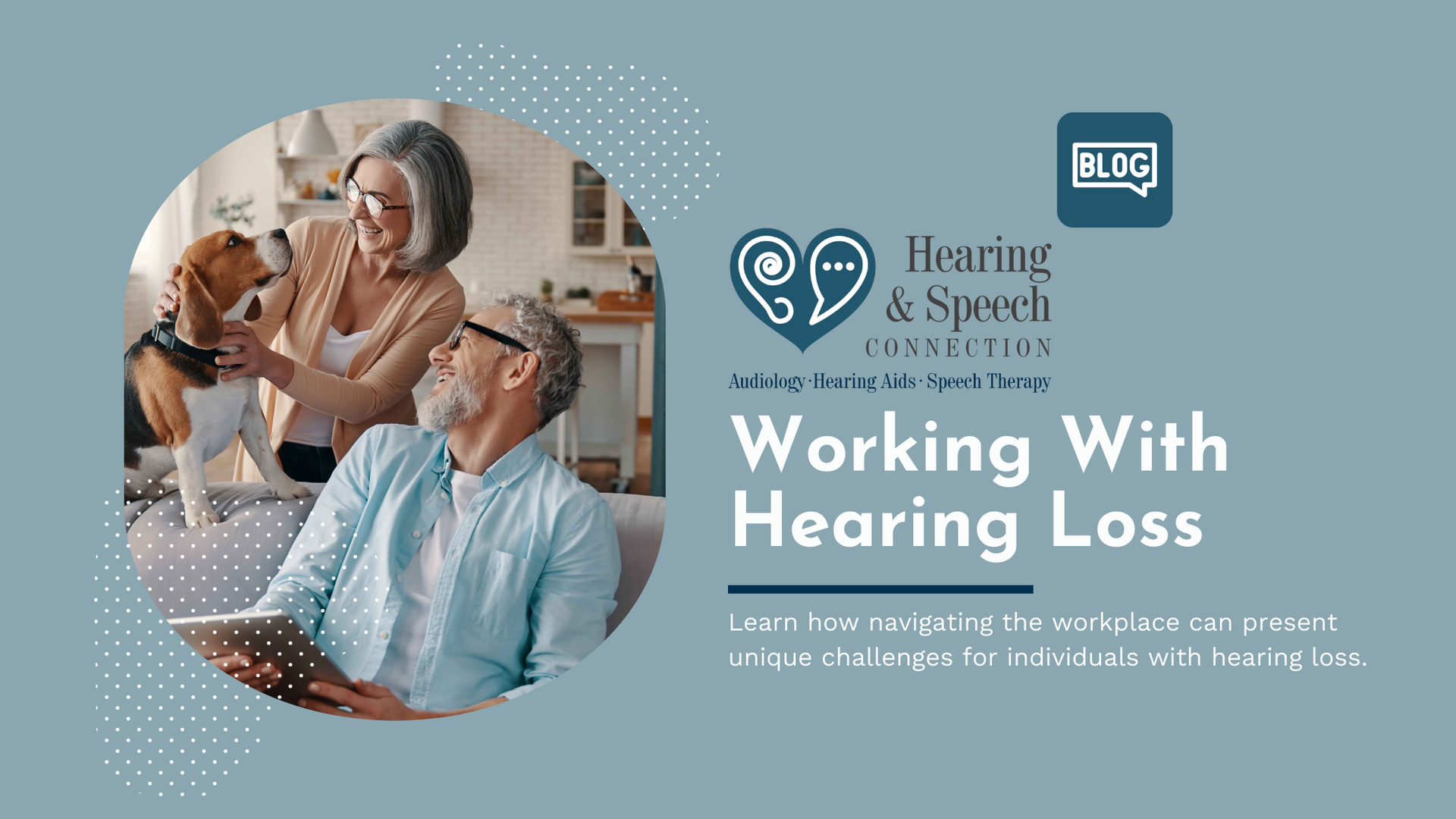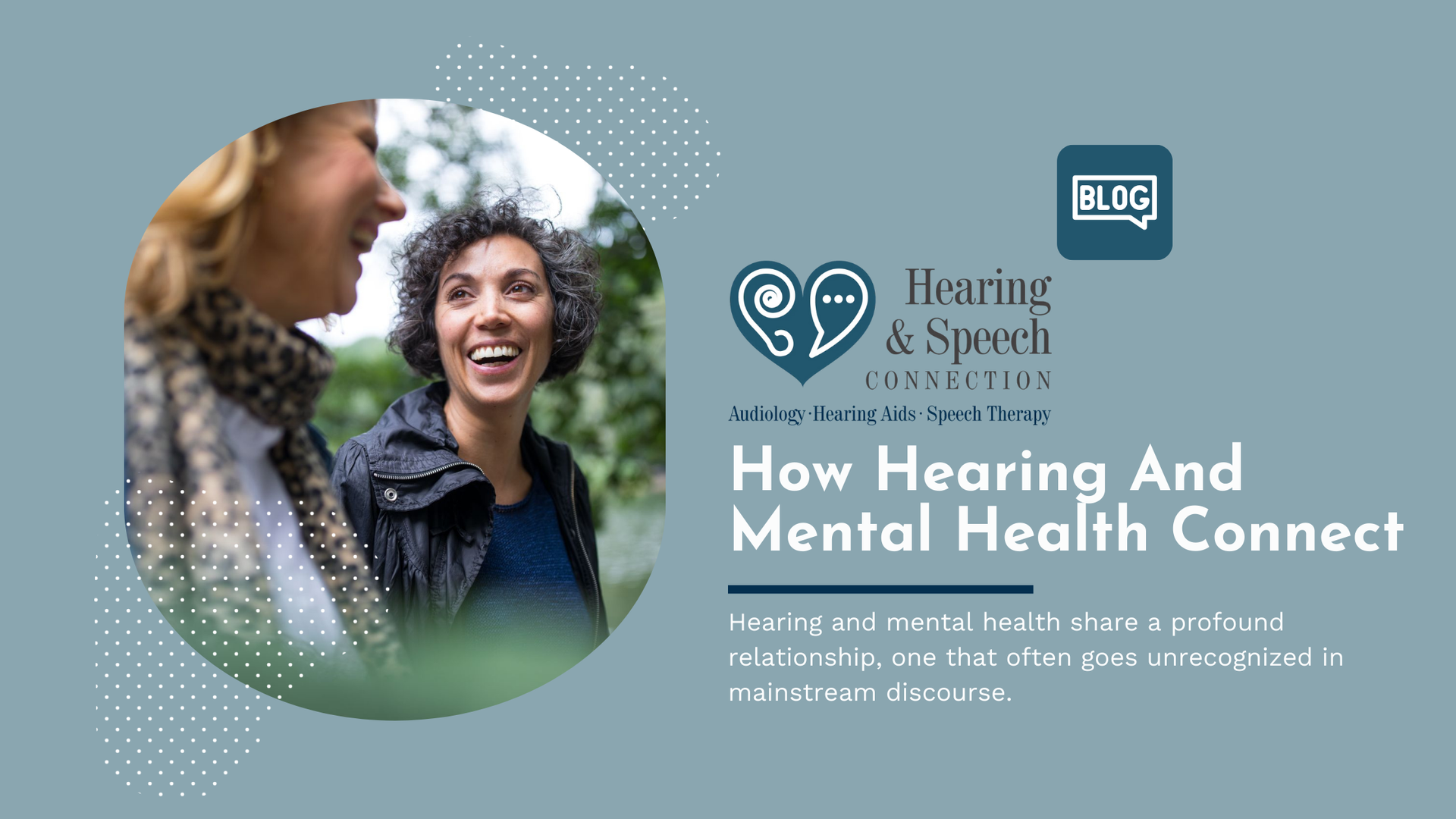Tips for Managing Tinnitus
Do you sometimes look forward to quiet at the end of the day, only to find that your ears won’t stop ringing? If this sounds like you, you might have a common tinnitus problem. People often describe tinnitus as ringing, buzzing, swooshing, or roaring. A study by the National Center for Health Statistics showed that about 32% of the U.S. population has tinnitus.
No matter how you hear the sound, the fact that you hear it in your head is a frustrating part of tinnitus. Seventy to eighty-five percent more people with hearing loss have tinnitus. Even though the two conditions aren’t always linked, their causes are often the same.
Understanding Tinnitus
Tinnitus is not a disease but a sign that something is wrong with the ear. The ears pick up sounds, but the brain is what makes sense of speech and sounds. Stereocilia, which look like tiny hairs, are the cells that send sound from the ears to the brain. Stereocilia are very fragile and can be damaged by many things, such as an infection, too much noise, a blow to the head, certain chemicals, or even getting old.
When this kind of damage happens to your ears, you can get tinnitus and lose your hearing in a way that can’t be fixed. A standard theory about what causes tinnitus is that when the stereocilia are damaged, they can send unintentional feedback to the brain, which the brain interprets as tinnitus.
There is no cure for tinnitus, just like there is no cure for the most common type of hearing loss. Tinnitus can come and go for some people. The U.S. Centers for Disease Control and Prevention (CDC) says that 20 million Americans have chronic, bothersome tinnitus, and 2 million have cases that are so bad that they can’t do anything.
Ways to manage your tinnitus
If tinnitus is making your life hard, it’s essential to know that you can’t stop it, but there are ways to treat and lessen its effects. Here are some of the most effective ones.
Hide the sound
If you are annoyed by tinnitus, one way to treat it is to use another sound to cover or mask it. A white noise machine, turning on music or the radio, or using h earing aids with masking features can help cover up the tinnitus. Even though this won’t make tinnitus buzzing disappear, it will often mask it enough that it won’t bother you.
Manage your stress
Even though stress doesn’t cause tinnitus, it can worsen its symptoms. How you deal with tinnitus depends on how you handle it. Cognitive behavioral therapy is a type of talk therapy that focuses on changing how you react to tinnitus. This helps a lot of people feel better.
Quit Smoking
There are many health reasons not to smoke, and here’s another one. Tobacco is a stimulant that slows blood flow, both of which worsen tinnitus. Stop if your tinnitus makes you feel like you’re not in charge.
Practice mindfulness
Tinnitus causes stress and makes it hard to concentrate on other things. It also makes anxiety and sleep problems worse. Meditation has helped a lot of people deal with the sound of ringing in their ears. Focusing on being has helped many people feel less stressed and stop paying attention to their tinnitus.
Keep the screens out of your bedroom .
Debilitating tinnitus can often make it hard to sleep. This can make you less alert during the day, which can be dangerous as your lack of sleep worsens. Sleep experts say that spending too much time in front of a screen is becoming a big problem for sleeping. The light from a screen can wake up the brain and make it harder to fall asleep. Give yourself an hour before bed to unwind without a screen so you can sleep better.
Keep moving!
Regular exercise is the best way to calm the body down. Try jogging, biking, or even yoga. Keeping busy will keep you healthy and help you calm down enough to let go of stress, which can worsen tinnitus.
Treat your hearing loss .
Even though hearing aids don’t fix tinnitus, they can help relieve the stress of being unable to hear and respond in everyday conversation.
Please make an appointment to check your hearing so we can help you make the best decision for you, your hearing, and your tinnitus.
The post Tips for Managing Tinnitus appeared first on Hearing Connection.




All Rights Reserved | Hearing Connection
